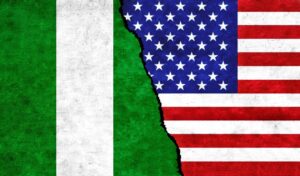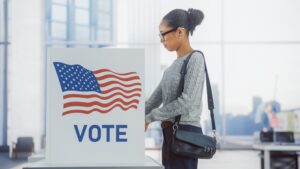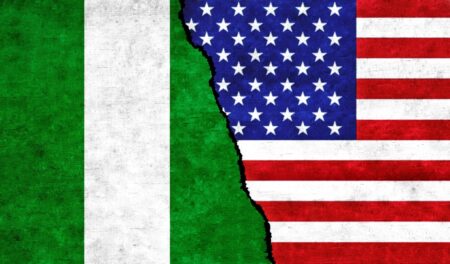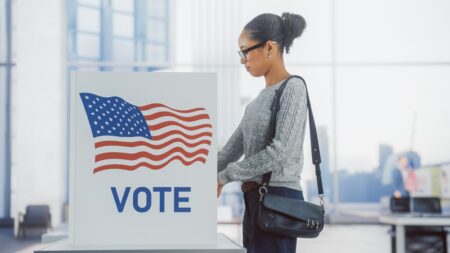The United States announced Sunday (Nov. 2) that it is coordinating with the Catholic Church to send $3 million in humanitarian assistance to communities in eastern Cuba, the area hardest hit by Hurricane Melissa, a Category 3 storm that struck the island last week.
The U.S. State Department’s Bureau of Western Hemisphere Affairs said the aid will be distributed directly to those most affected by the storm. “Our prayers are with the brave Cuban people,” the bureau said on its official X account.
The plan represents one of the most significant humanitarian gestures toward Cuba in years, despite the ongoing U.S. embargo.
Secretary of State Marco Rubio said last week that the administration had issued a Declaration of Humanitarian Assistance for Cuba and was ready to provide immediate relief through local partners.
“In the wake of Hurricane Melissa’s devastation of eastern Cuba, the Trump Administration stands with the brave Cuban people who continue to struggle to meet basic needs,” the statement reads.
“As in neighboring Caribbean countries, the Department is issuing a Declaration of Humanitarian Need for Cuba and is prepared to provide immediate humanitarian assistance directly and via local partners who can most effectively deliver it to those in need,” it continued. “U.S. law includes exemptions and authorizations relating to private donations of food, medicine, and other humanitarian goods to Cuba, as well as disaster response. We encourage those seeking to directly support the Cuban people to contact us if there are any issues. Questions can be sent to CubaHumanitarian@state.gov.”
More than 700,000 people were evacuated ahead of Melissa’s arrival.
The Conference of Catholic Bishops of Cuba confirmed the U.S. offer, saying the church and Caritas Cuba are taking the necessary steps to coordinate delivery of the funds and aid materials, according to the Miami Herald.
It remains unclear whether the Cuban government will allow the Catholic Church to disperse the aid directly. The issue has been sensitive in the past, as the Cuban government has preferred to control all aid distribution while the U.S. has insisted on autonomous delivery.
Cuba’s Foreign Ministry has not commented publicly on the announcement.
Vice Foreign Minister Carlos Fernández de Cossío said Cuban authorities had contacted Washington and were awaiting clarification on how the aid would be provided. Another official, Johana Tablada, said that the U.S.has not yet offered or delivered any tangible assistance and has only repeated existing exemptions in its embargo regulations.
“The gap between what the United States says and what the United States does is enormous,” she said.
In Cuba’s eastern provinces, Hurricane Melissa’s winds and heavy rains caused major flooding and infrastructure damage, collapsed bridges and cut off rural communities’ access to roads while residents remain without electricity, drinking water or communications. Some Cubans have criticized local authorities for slow evacuations and poor distribution of emergency aid.
A similar situation occurred in Jamaica, which was also hit heavily by Melissa, but unlike with Cuba, the of media coverage has been generous. No deaths have been reported, but the storm worsened conditions in areas still recovering from Hurricane Oscar last year.
Cuba’s healthcare system, once considered a model in the developing world, is also under severe strain. U.S. sanctions reimposed during the first Trump administration have made it challenging for Cuban medical facilities to import essential equipment and medications.
“People’s houses have blown down. People have nowhere to live, and so people are living on the streets. People were injured with flying debris,” Reverend John Beynon, from the Jacob’s Well Appeal in Beverley told the BBC. “In a hospital… when you get three, four times the number of people in to be treated and you have nothing to give them, it’s absolutely desperate,” he said.
Benyon urged charities to prioritize Cuba during its time of need.
The crisis follows an increased U.S. military presence in the Caribbean. The U.S. has deployed 10 naval vessels and 10,000 troops to the region, the largest buildup since the 1962 Cuban Missile Crisis. A carrier strike group led by the USS Gerald R. Ford is also positioned nearby.
The White House says the deployment is part of a campaign against drug trafficking from Venezuela. However, regional analysts believe it may be intended to pressure Venezuelan President Nicolás Maduro and disrupt oil shipments to Cuba.








